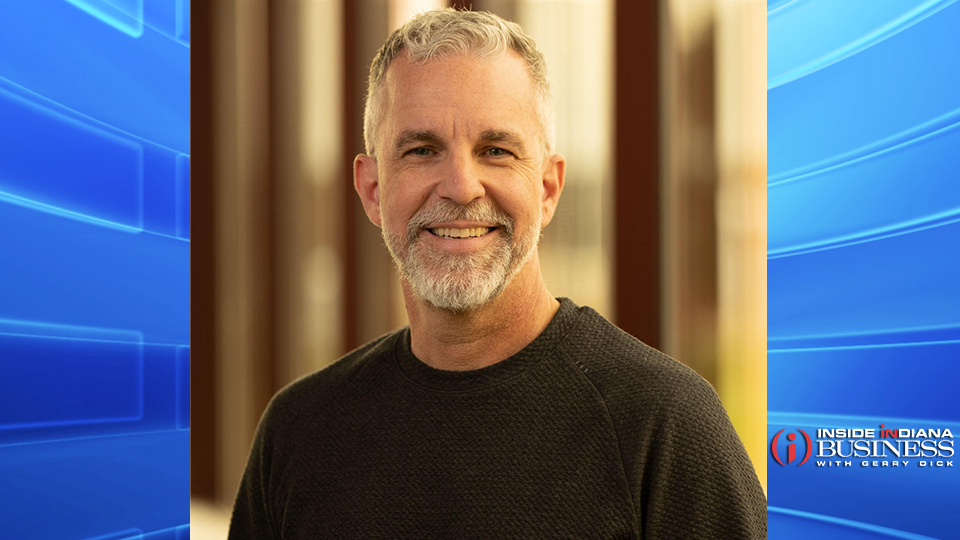Perfection’s impossible, but we still don’t settle for extraordinary
Subscriber Benefit
As a subscriber you can listen to articles at work, in the car, or while you work out. Subscribe Now
A familiar trait of successful companies is high expectations, and Netfor is no exception. One of the keys to our company’s success is an unwavering focus on providing the highest possible level of service to the organizations outsourcing key business processes to our team.
That’s not some kind of hazy, feel-good goal. In every line of business, we track our performance using industry standards. For example, when it comes to providing technical field services, we use a measure known as first-run rate (FRR). That tells us what percentage of our customers’ needs are resolved during the first service call.
What makes FRR such an important measure of satisfaction in field services? Nearly every service visit involves some kind of interruption, delay, or gap in productivity. You may be waiting for a new piece of equipment to be installed. Or something in your existing technology isn’t working properly or needs an update. You can’t do anything until the service professional shows up and connects the wires. Then you’re back in business.
If that service technician arrives on time, has everything needed to accomplish the task, and takes care of it as quickly as promised, you’re happy. But if the technician is late, or lacks the ability or resources to do what needs to be done, you’re frustrated. It’s the same way you feel when you have to take a half-day off work to wait for the cable guy and he never shows up.
Everything our field services team does is built around making sure that technician arrives in the right place, at the right time, with the right knowledge and resources to get the job done to your satisfaction. FRR tells us whether we’re succeeding.
A major study of the technical service industry by Aberdeen concluded that companies with good service teams manage to achieve an FRR of 88%. Impressed? You won’t be for long, because our FRR for field services averages 97%.
What does that mean in practical terms? Suppose your company uses one of what we see as our stronger competitors. If they achieve that 88% FRR, they’re going to disappoint you more than one time in 10. No matter what their reason may be, they’ll have failed to do what you were counting on them to handle.
That’s irritating, but even more important, it’s hurting your ability to do business and quite possibly costing you money. Now your production delay is longer. Now someone needs to take more time away from their regular job to babysit the technician. Better than one of every 10 calls your vendor handles will essentially be a failed effort. Would your own customers tolerate that kind of failure rate from you?
So if we put so much emphasis on being better, why don’t we deliver a 100% FRR? The simple answer is perfection is unattainable and we won’t make promises we know we can’t keep. A planned service call might not succeed for any number of reasons. Parts may be delayed. The contact at the customer’s location may have called off sick. The technician encountered an unexpected issue that added a day to the process. Maybe they forgot a tool. Or a surprise snowstorm made the roads impassable. Despite our best efforts, stuff like that happens.
Although we know we’ll never be perfect, we’re constantly working to get closer to that goal. If there’s a way we can keep the same issue from happening in the future, we’ll implement it. That’s why we always check in twice with our field technicians before every service call. We review what they’ll do and take them through a checklist of the tools and equipment they’ll need. Is it possible the technician might still forget to bring the right wrench? Of course, but the two reviews minimize that possibility.
It’s also why our team monitors weather conditions in the locations our service techs visit. If we see that a snowstorm is going to impede travel, or rain or smoke from a wildfire will make an outdoor project unsafe, we’ll notify the customer and reschedule. They may not be happy the job was delayed, but they’ll know why in advance.
Just as important, we give our service coordinators the authority to make things right. If there’s some issue with a service call, the coordinator overseeing it doesn’t have to ask permission to resolve it. We trust every member of our team to do the right things.
In an industry that views an 88% FRR as good, 97% is nothing short of extraordinary. We know we’ll never achieve perfection, but we’ll never stop trying, either.
Jeff Medley is the CEO and founder of Netfor, https://www.netfor.com/
